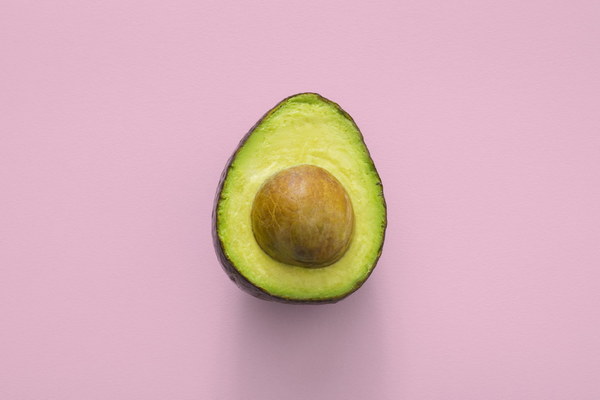Is Black Radish Beneficial for Liver Health Exploring the Potential Healing Properties of This Root Vegetable
Is Black Radish Beneficial for Liver Health? Exploring the Potential Healing Properties of This Root Vegetable
The liver is a vital organ responsible for numerous functions, including detoxification, metabolism, and protein synthesis. In light of its critical role, maintaining liver health is essential for overall well-being. One root vegetable that has garnered attention for its potential liver-protective properties is the black radish. But is black radish truly beneficial for liver health? Let's delve into the science and folklore surrounding this intriguing vegetable.
What is Black Radish?
Black radish, also known as black mooli, is a root vegetable with a distinct, slightly spicy flavor and a dark, almost purple skin. It is a member of the brassica family, which also includes cabbage, broccoli, and kale. Black radish is native to the Mediterranean region and is now cultivated worldwide.
The Liver-Protective Properties of Black Radish
Several studies suggest that black radish possesses liver-protective properties, primarily due to its rich composition of bioactive compounds. Here are some of the key benefits:

1. Detoxification Support: The liver is responsible for filtering toxins from the blood, and black radish can help support this process. The vegetable contains a compound called mustard oil glycosides, which have been found to enhance liver function and aid in detoxification.
2. Antioxidant Protection: Antioxidants are compounds that help neutralize harmful free radicals in the body, reducing the risk of oxidative stress and inflammation. Black radish is abundant in antioxidants such as vitamin C, vitamin E, and flavonoids, which can protect the liver from damage caused by free radicals.
3. Phytonutrients: Black radish contains various phytonutrients, including sulforaphane and isothiocyanates, which have been shown to have anti-inflammatory and anticancer properties. These compounds may help reduce the risk of liver disease and promote liver health.
4. Blood Sugar Regulation: Maintaining healthy blood sugar levels is crucial for liver health. Black radish has a low glycemic index, which means it doesn't cause a rapid spike in blood sugar levels. This property can be beneficial for individuals with diabetes or those at risk for developing the condition.
How to Incorporate Black Radish into Your Diet
Adding black radish to your diet is quite simple. Here are some ideas to help you incorporate this liver-protective vegetable into your meals:
- Raw: Slice black radish into thin rounds or matchsticks and add to salads for a crisp, slightly spicy crunch.
- Roasted: Roast black radish with olive oil, salt, and pepper for a flavorful side dish.
- Fermented: Ferment black radish to make sauerkraut, a probiotic-rich food that can support gut health and, by extension, liver health.
- Juice: Blend black radish with other vegetables to make a refreshing juice that supports liver function.
Conclusion
While black radish may offer several potential benefits for liver health, it is essential to remember that it is not a miracle cure for liver disease. A balanced diet, regular exercise, and avoiding harmful substances are key factors in maintaining liver health. If you have concerns about your liver function, it is best to consult with a healthcare professional for personalized advice.
In summary, black radish appears to be a nutritious and versatile vegetable that may contribute to liver health. Incorporating it into your diet can be a simple and enjoyable way to support your liver's functions and overall well-being.









